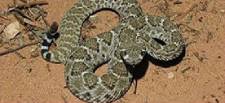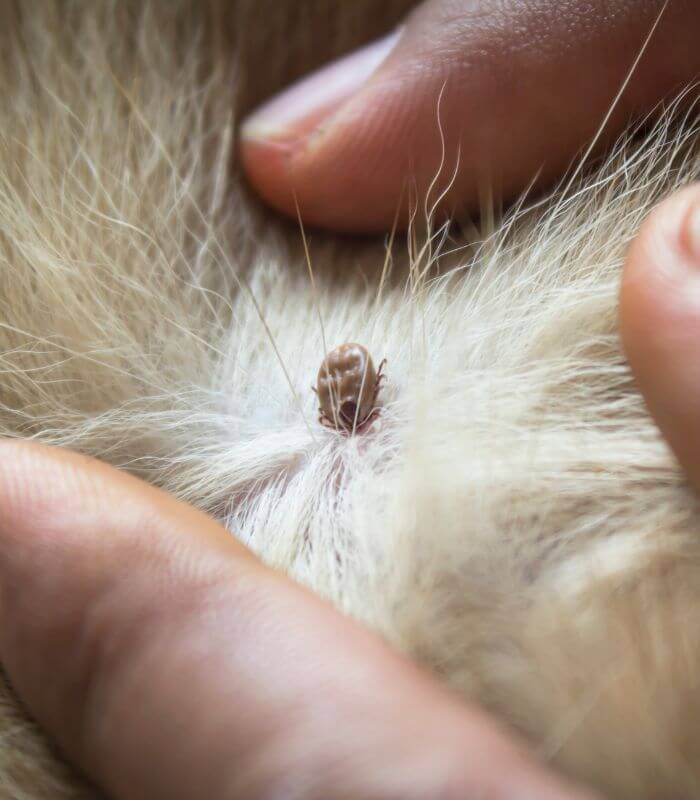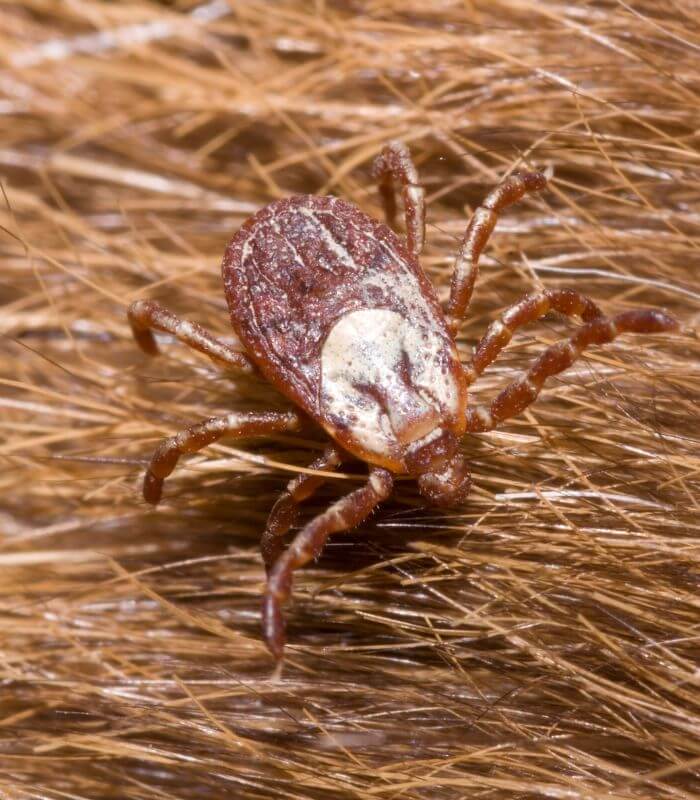Pet Resources & Helpful Articles for Tucson Pets
Learn essential care strategies for your pets living here in Tucson, AZ, with these tips from the team at Cimarron Animal Hospital. With so many dangers specific to our region, here’s how you can keep your companions safe!
Pet Care Resources
Arizona Desert Risks to our Pets

Valley Fever

Rattlesnake Bite

Gila Monster

Other Poisonous Creatures

Sonoran Desert Toad
Our Desert presents a number of unique health risks to pets.
Extreme, Dry Heat. Pets get dehydrated quickly in our hot, dry weather. Here are some tips for keeping your pets cool and well-hydrated in our scorching weather:
- Take walks in the early morning, while the ground is still cool
- Put booties with soles on them on dogs who have to walk after the ground has gotten hot
- Take water for your pet on your hikes, too
- Provide shade, water, and a misting system outside
- Short-nosed dogs should not be outside longer than it takes to eliminate as they can’t pant efficiently enough to cool off
Valley Fever is a potentially fatal fungal infection that pets in the desert southwest of the United States get from inhaling spores from the soil. Dogs are especially susceptible. Some dogs more than others.
- While all dogs (and cats) are at risk, dogs that dig, live in neighborhoods with active construction and live in yards with recent landscaping are at highest risk.
- Valley Fever is not contagious from one dog to another or from dog to human, but dogs who live in the same environment can all get the infection.
- Not all dogs will be equally affected. Dogs in the same environment can have no symptoms, some symptoms or severe disease, depending on their own individual immune system’s ability to fight the infection!
- Common signs to watch for include coughing, decreased appetite, decreased activity level, and/or limping or non-healing wounds of unknown origin (especially draining wounds).
- If you see any of these signs, take your pet to the vet right away. An earlier diagnosis usually means a faster recovery.
Tick Fever is a disease caused by a blood parasite, called Ehrlichia, which is injected into a pet’s bloodstream when the tick bites the pet. It only takes one bite from an infected tick to cause a potentially lethal infection.
Tick Fever causes clotting problems, making pets prone to hemorrhage. These hemorrhages can cause any number of symptoms such as:
- Bloody nose
- Blood in the urine
- Black stools ( from bleeding in the gastrointestinal tract)
- Seizures
- Eye redness secondary to inflammation in the eyes
- Decreased appetite and activity
- Have your pet examined by a veterinarian if you see any of these symptoms.
- Prevent Tick Fever by keeping your pet free of ticks. Ask your vet for a tick preventive medication such as Bravecto(R) or other options.
- Have your pet tested for Tick Fever if they have had ticks on them.


Poisonous Animals and Insects are common in our environment, whether you live in rural areas or in the city. Most of our biting/ stinging wildlife causes only minor discomfort, but others can be deadly. Centipedes, Scorpions, Fire Ants, and aggressive Bees are our biggest threats. Protect your pets with these suggestions:
- Have your home sprayed against insects and scorpions monthly
- Treat ant hills promptly
- Call for bee removal if you see an active swarm or hive near your home–the experts will move a friendly hive or deal with a dangerous hive.
- Don’t let swarming bees get settled in! They are looking for a home base. Call the bee removal experts ASAP!
Rattlesnakes are really the biggest poisonous threat, with potentially lethal results. Bites should always be taken seriously, and always be treated by a veterinarian.
Here’s what to know about rattlesnake bites and your pet:
- Treatment is most effective if provided within 12 hours of the bite—the sooner, the better!
- Rattlesnake venom is not only painful and potentially deadly but causes a large amount of tissue sloughing/ loss in the area. This can create a painful, troublesome, expensive wound! Envenomation can also cause kidney failure in the long term. Treatment with antivenin is the best way to protect your pet from the more serious consequences of a bite!
- Consider Rattlesnake avoidance and Rattlesnake vaccination for high-risk dogs such as those living in a rural desert yard, those who go hiking or running in the desert off-leash, or those dogs that just can’t keep their noses out of bushes!
- Cats are even more susceptible to the adverse effects of rattlesnake venom. Keeping cats indoors is the best way to keep them safe!

Dog Friendly Parks
Welcome to Tucson! Thanks to our great weather nearly all year, our area is a great place to bring your pets. We hope that the information below regarding our local pet playgrounds, some pet-related regulations, and information on Desert Risks will help you and your pets settle into our friendly, relaxed community.
These parks have fence enclosed fields and water so dogs can run off leash. Take a frisbee and a ball.

Find a Dog Park Near You: Tucson Parks and Recreation
Dog Friendly Restaurants abound in Tucson owing to our mild weather and plentiful patio seating. Find a restaurant in your neighborhood at TucsonFoodie.com or BringFido.
The Pima Animal Care Center (PACC) enforces laws dealing with dog licensing, animal bites, leash laws, public health, and cruelty to animals.
Enforcement/Cruelty
(520) 724-5900
Address: 4000 N Silverbell
Tucson, AZ 85745
Pima County Dog License Requirements
All Dogs are required to be licensed in Pima County
Leash Laws for Dogs
Your dog must be kept in an enclosed yard when on your property. Your dog cannot be off your property unless restrained by a leash. Tying your dog out on a cable/ rope is prohibited.
Animal Cruelty and Neglect:
- It is dangerous to leave any pet in a car any time of year, whether the windows are open or not, due to our rapid and extreme temperature changes during the day. The police and officers of PACC have the right by law to break car windows to rescue enclosed pets. They can also site citizens for animal cruelty if they deem the pet was in danger.
- All pets must have adequate clean, cool water to drink, shelter/ shade, and adequate exercise space.
- Dog yards must be cleaned of waste daily by law.
- Pets must be free of external parasites.
